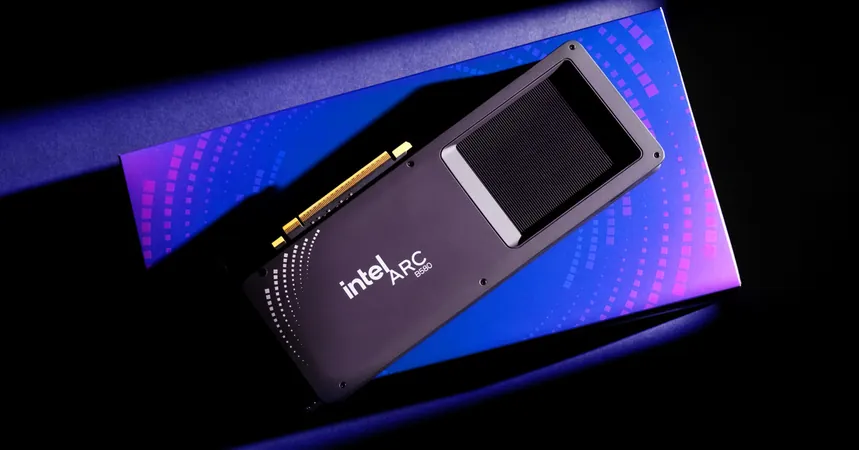
One Type of Blood Pressure Medication Could Slash the Risk of Post-Stroke Epilepsy!
2024-12-09
Author: Nur
Introduction
In an exciting breakthrough presented at the American Epilepsy Society's annual meeting in Los Angeles, researchers unveiled that a specific class of blood pressure medication may significantly lower the chances of stroke survivors developing post-stroke epilepsy (PSE). This condition is a distressing consequence for many stroke patients, arising from scar tissue and erratic electrical activity in the brain following the trauma.
Study Findings
The study highlighted that patients on angiotensin receptor blocker (ARB) drugs demonstrated a markedly reduced likelihood of developing PSE compared to those on other types of antihypertensive medications. Angiotensin receptor blockers work by preventing the action of angiotensin, a protein known for narrowing blood vessels. Researchers posited that by blocking this protein, ARBs could potentially diminish inflammation and enhance cerebral blood flow, thereby lowering seizure risk.
Research Insights
Dr. Giacomo Evangelista, a co-lead researcher and neurology resident at G. d’Annunzio University of Chieti-Pescara, emphasized the novelty of their approach. 'Our study uniquely focused on how effective different blood pressure medications are at preventing PSE in the real world,' he noted. Understanding which treatments can mitigate such severe complications could transform recovery for stroke victims.
Study Demographics and Results
The research included 528 high blood pressure patients who had recently experienced a stroke, with none having a history of epilepsy prior to the incident. Among the population studied, about 7% developed post-stroke epilepsy, consistent with prevailing statistics indicating that approximately 6% to 8% of stroke survivors face this challenge.
Risk Stratification
The risk stratification revealed staggering results for those on alternative blood pressure medications: - Beta Blockers: 120% increased risk of developing PSE. - Calcium Channel Blockers: 110% increased risk. - ACE Inhibitors: 65% more likely to develop the condition. - Diuretics: 60% more likely to experience PSE.
Mechanisms Behind the Results
Researchers suggest that both calcium channel blockers and beta blockers may elevate seizure susceptibility by heightening brain excitability, whereas ACE inhibitors might contribute to increased brain inflammation.
Importance of Personalized Medicine
These groundbreaking findings spotlight the critical role of personalized medicine—tailoring treatments to individual patient needs, especially for those recovering from strokes. Dr. Fedele Dono, also a co-lead researcher, called for deeper investigations in larger patient cohorts to solidify these findings and to better understand the biological mechanisms at play.
Conclusion
While these insights have been shared at a medical conference, it's essential to note that they remain preliminary until published in a peer-reviewed journal. As more advancements emerge, the potential to enhance the quality of life for stroke survivors continues to expand. Stay tuned for further updates on this promising area of medical research! For more information, don’t miss the resources available at the Stroke Association on post-stroke epilepsy.




 Brasil (PT)
Brasil (PT)
 Canada (EN)
Canada (EN)
 Chile (ES)
Chile (ES)
 España (ES)
España (ES)
 France (FR)
France (FR)
 Hong Kong (EN)
Hong Kong (EN)
 Italia (IT)
Italia (IT)
 日本 (JA)
日本 (JA)
 Magyarország (HU)
Magyarország (HU)
 Norge (NO)
Norge (NO)
 Polska (PL)
Polska (PL)
 Schweiz (DE)
Schweiz (DE)
 Singapore (EN)
Singapore (EN)
 Sverige (SV)
Sverige (SV)
 Suomi (FI)
Suomi (FI)
 Türkiye (TR)
Türkiye (TR)